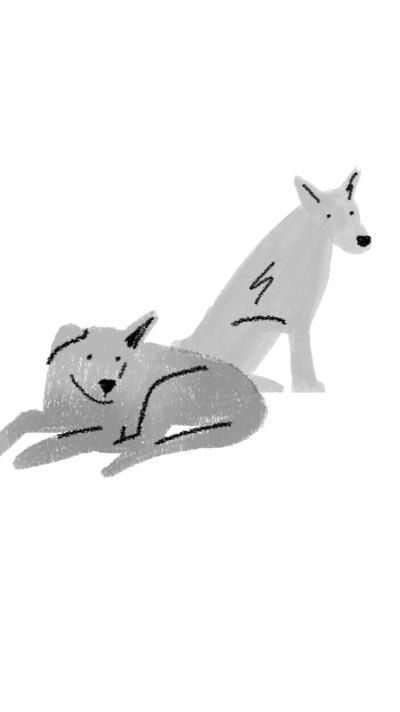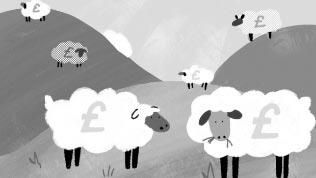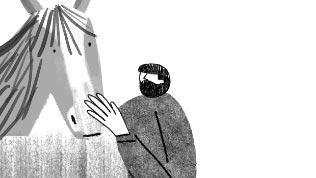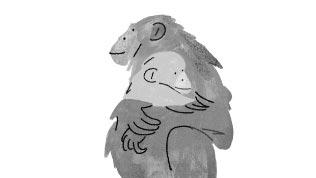Foreword
by Jane Goodall
What have animals ever done for us?
As the world recovers from a global pandemic and confronts the devastating effects of climate change, human beings are beset by challenges. Innumerable species are endangered, as are their habitats. Humans are disconnected from the natural world. We face a crisis and we don't have much time to act.
I have spent most of my life studying animals, from the great chimpanzees to highly intelligent rats. I feel it is my mission in life to speak up for them; and that it is incumbent on human beings, as the most intelligent animals on this planet, to make the changes that are now needed, for them and for us. I also believe that we are capable of the shift in attitudes and behaviour required. We must reconnect with animals and grant nature the respect and protection it deserves.
Our current predicaments are all interconnected. Even the smallest of species plays a crucial role in our ecosystem. The disrespect we show to animals and our apathy about the environment have contributed to a global pandemic. Floods and forest fires are the results of habitat loss. Factory farming causes unimaginable animal suffering, the destruction of land, greenhouse gases and water shortages.
So how can we reconnect with animals?
We know now that humans are not the only beings on the planet with personalities, minds and emotions. Once we acknowledge that animals are sentient - that they can know happiness, sadness, fear and pain - we have a responsibility to treat them humanely. We must give animals the opportunity to live their own lives; must stop altering their habitats so that they may flourish. Animals that we have subjugated to domestication should be treated as sentient beings with feelings: creatures that, like us, know fear, depression and pain.
It's not only the great apes, elephants and whales that are amazingly intelligent. Some birds, such as crows, and some other animals, such as the octopus, can, in some situations, be more intelligent than small human children. Even insects have been trained to pass simple tests. This was unthinkable to human beings a while back: it is an amazing revelation, which should change our perspective on our fellow creatures. We should all be acutely aware now that animals don't exist for us to exploit and abuse them.
To protect ourselves from another pandemic and to mitigate the climate crisis, we must stop commodifying animals. If we ate less meat, this would not only reduce cruelty, but also have a huge, positive impact on the environment. We are privileged to be a part of this wonderful, vibrant world: we must not destroy it.
The biggest difference between us and other animals lies in our development of an extraordinary intellect, and we must now use this. We can all make small - and sometimes big - changes to our lifestyles, and to our eating and shopping habits. Each of us has the power to change the world for the better, to contribute to making an impact.
The Jane Goodall Roots & Shoots programme, which works with young people, has a longstanding, successful relationship with the RSPCA; like us, it is deeply committed to education. I am delighted that the RSPCA is publishing this collection of essays, aimed at exploring human beings' relationship with other animals and what we might do better. The ideas contained in these essays are urgent, persuasive and timely: this is a volume to read now and to keep on thinking about.

Dr Jane Goodall DBE
Founder of the Jane Goodall Institute and UN Messenger of Peace.
The Jane Goodall Institute has offices in 26 countries (including the UK) advancing community-led conservation, animal welfare, science and youth empowerment.
Dr Goodall is growing the next generation of compassionate changemakers through her Roots & Shoots environmental and humanitarian youth programme, now active in over 60 countries. Across the UK, Roots & Shoots youth groups are creating real change in their local communities for animals, people, and the environment. Ask your local school or university if they run Roots & Shoots, a young person you know could enrol in an existing group or help to set up a new one - it's free to take part!



